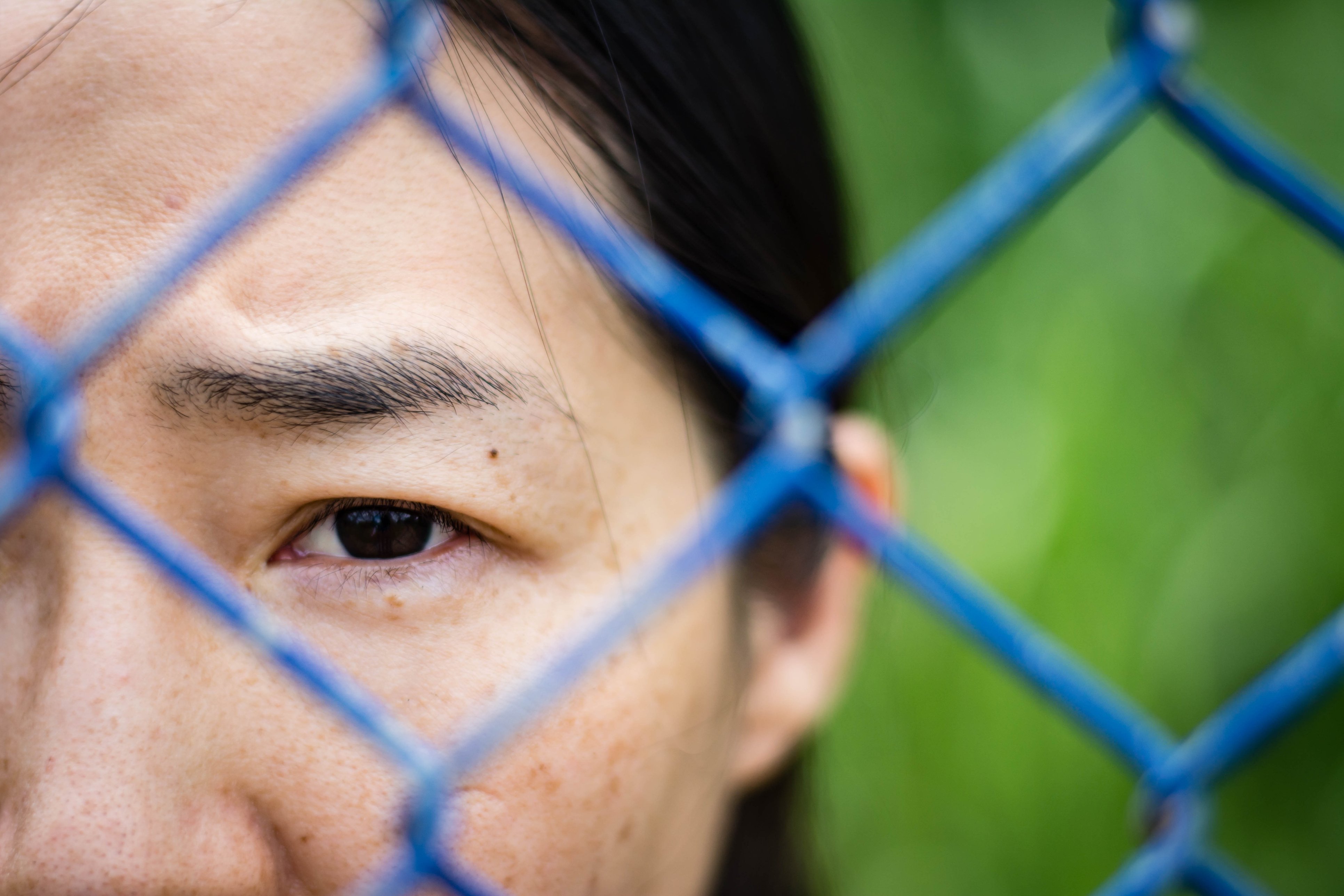Nurses, as frontline healthcare providers, are uniquely positioned to identify victims of human trafficking. Our holistic approach to patient care, coupled with the trust patients often place in us, makes us a crucial link in ending this horrific crime. However, recognizing the subtle signs of trafficking can be challenging. This article aims to equip you with the knowledge and resources to identify potential victims and provide them with a lifeline to safety.
Understanding Human Trafficking
Human trafficking involves the exploitation of individuals for profit through force, fraud, or coercion. It can take many forms, including sex trafficking, forced labor, and domestic servitude. It's a global issue that tragically exists in our own communities, affecting people of all ages, genders, and backgrounds.
Why Nurses are Key
We often interact with patients during vulnerable times. Traffickers may bring victims to emergency departments, clinics, or even home healthcare settings for treatment of injuries, illnesses, or routine care. These interactions can provide crucial opportunities to identify and assist victims who may be unable to seek help themselves.
Red Flags: What to Look For
While no single sign definitively indicates trafficking, a combination of certain indicators should raise suspicion. Be observant of both the patient's demeanor and physical condition, as well as the behavior of any accompanying individuals:
Patient Presentation:
- Physical Signs:
- Unexplained injuries, such as bruises, burns, cuts, or fractures, that may be in various stages of healing.
- Signs of malnourishment, dehydration, or poor hygiene.
- Sexually transmitted infections (STIs) or pelvic inflammatory disease (PID).
- Fatigue, sleep deprivation, or anxiety.
- Evidence of forced medical procedures or denial of care.
- Behavioral Signs:
- Appears fearful, anxious, or submissive.
- Avoids eye contact or direct communication.
- Seems coached or hesitant to answer questions independently.
- Unable to provide their own identification or personal information.
- Inconsistent or vague explanations of injuries or illnesses.
- Restricted communication with family or friends.
- Fear of law enforcement or authority figures.
- Lack of Control:
- Limited access to their own money or belongings.
- No freedom of movement or decision-making.
Accompanying Individual's Behavior:
- Speaks for the patient and is unwilling to leave them alone.
- Shows controlling or overly concerned behavior.
- Is reluctant to provide their own information or identification.
- Answers questions directed at the patient.
- Seems to profit from the patient's medical visit.
What to Do If You Suspect Trafficking
If you suspect trafficking, your immediate priority is the patient's safety. Follow your facility's specific protocols for reporting suspected abuse or neglect. Here's a more detailed breakdown of what to do:
Initial Steps & Immediate Actions
- Create a Safe Space: Your primary goal is to get the patient alone, away from the potential trafficker. This can be challenging in an emergency department, but it's crucial. You might say, "I need to do a private exam" or "I need to discuss some sensitive information with the patient." Be creative and firm, but not confrontational.
- Use a Trauma-Informed Approach: The patient is likely terrified, and they may not see you as a safe person. Approach them with empathy and without judgment. Ask open-ended questions in a gentle tone, such as "Are you feeling safe at home?" or "Is there anything you want to tell me that you can't right now?"
- Look for Cues: Since the patient may be unable to speak freely, look for nonverbal cues. You can write down a simple question like, "Are you in danger?" on a piece of paper and hand it to them, or even use a simple yes/no response system with a nod or a blink.
Documentation & Reporting
- Document Thoroughly: Your documentation is a legal record and can be critical for any future investigation. Document everything you observe, not just what the patient says. Include details about their physical condition, their demeanor, the behavior of the accompanying individual, and any statements made by either party. Be objective and factual. Use direct quotes whenever possible, for example, "Patient stated, 'I'm not allowed to be alone.'"
- Follow Facility Protocol: Every healthcare institution has a protocol for handling suspected abuse. This typically involves notifying a supervisor, a social worker, or a patient advocate. Your facility's protocol is your roadmap—stick to it.
You can also contact the following resources for guidance and support:
- National Human Trafficking Hotline: 1-888-373-7888 or text HELP to 233733. This hotline is available 24/7 and provides confidential support and resources for victims and those who suspect trafficking. Link to National Human Trafficking Hotline
- Polaris Project: This organization works to end human trafficking and provides resources for victims and professionals. Link to Polaris Project
- The Department of Health and Human Services (HHS), Administration for Children and Families (ACF): Offers resources and information on human trafficking. Link to HHS Anti-Trafficking Website
Education and Awareness
Staying informed is our collective responsibility. Advocate for ongoing training within your healthcare system on human trafficking recognition and response. By increasing our awareness and understanding, we can collectively become a powerful force in identifying and supporting victims of this heinous crime.
As Nurses, we are advocates for our patients' well-being. By learning to see the unseen signs of human trafficking, we can offer a beacon of hope and help pave the way for their freedom and recovery.


 An article from the
An article from the